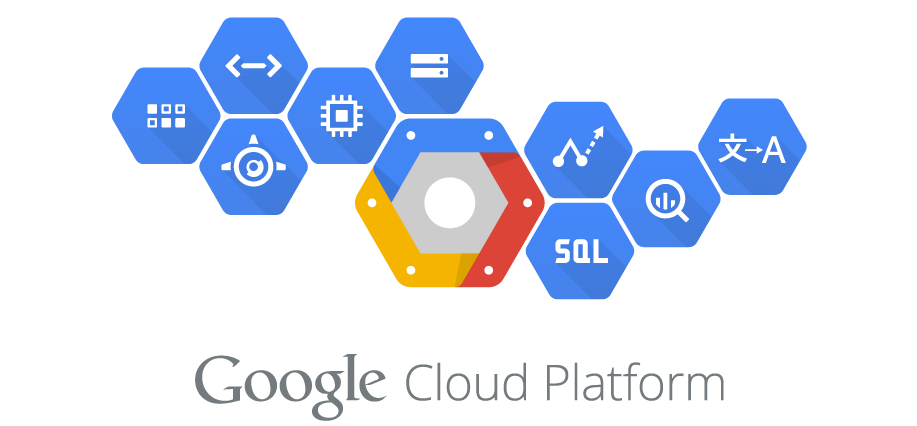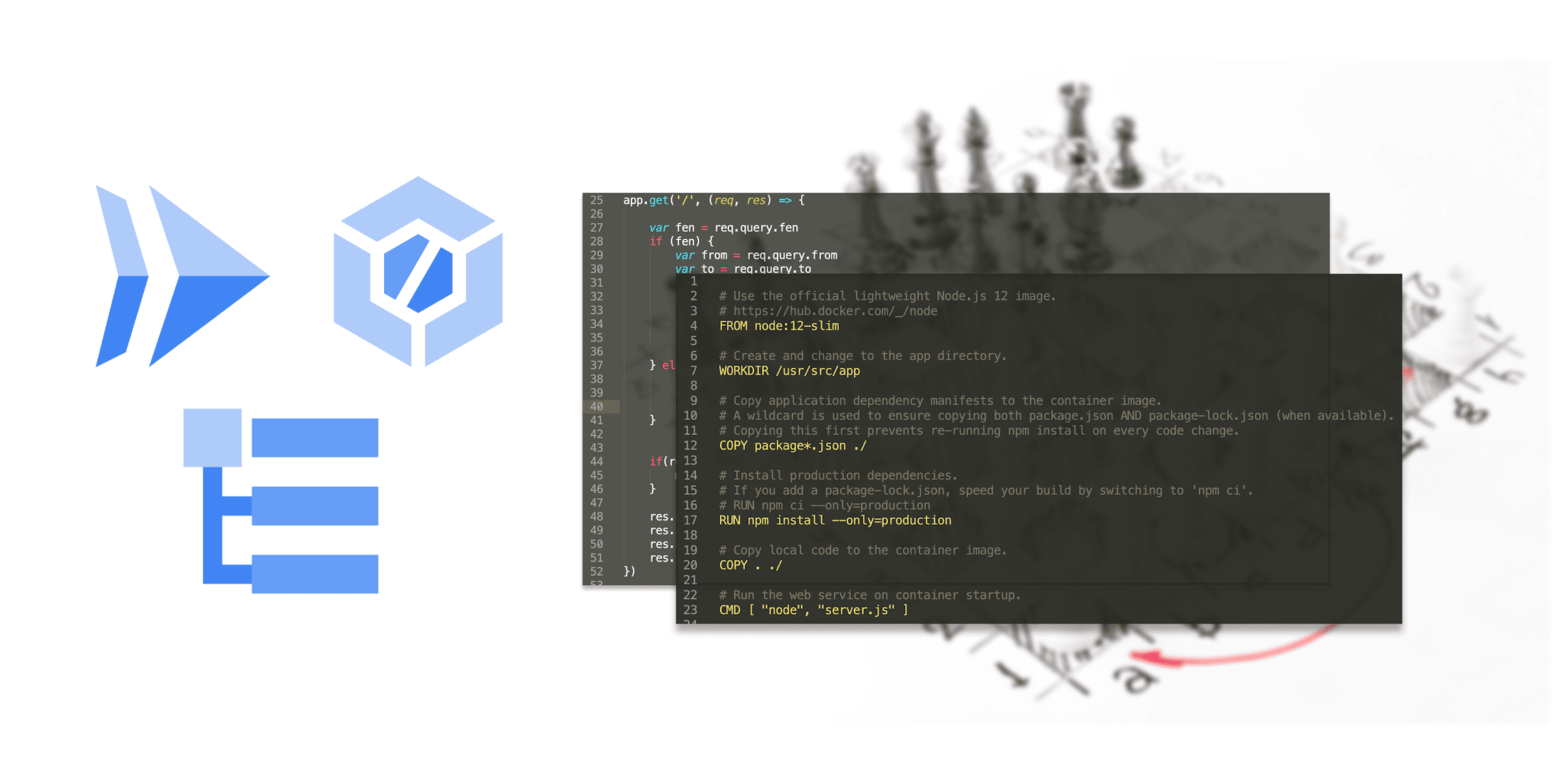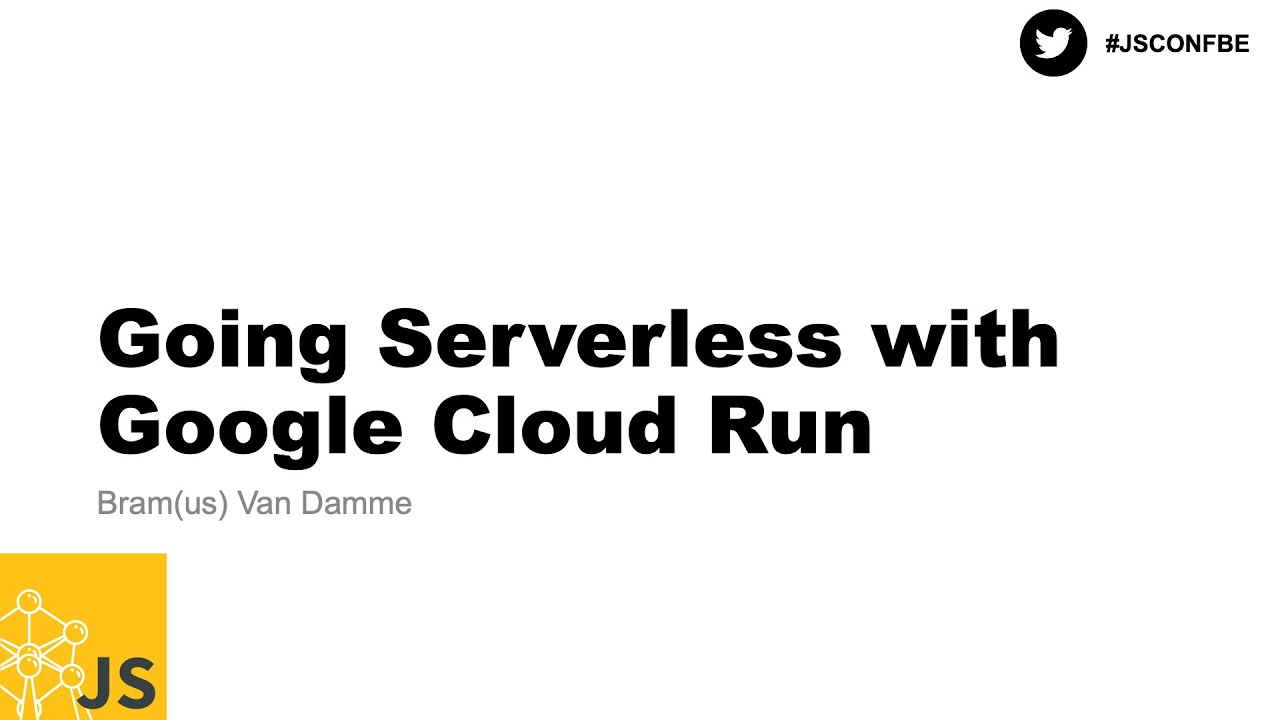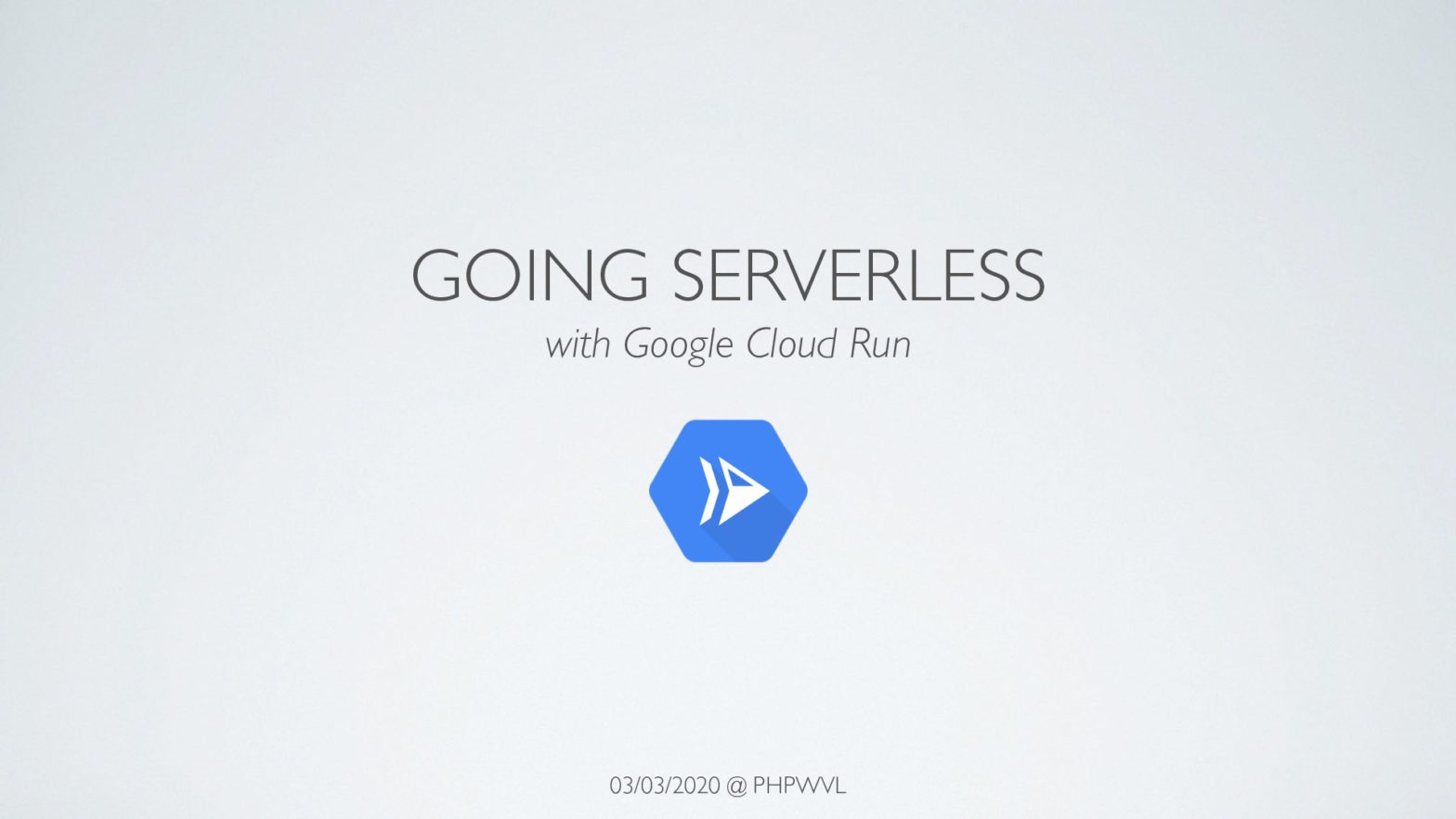
To manage cloud infrastructure I’m a huge fan of Terraform. Unfortunately I noticed that it’s not possible to use Terraform for managing API Keys for Google Maps (and other services). After some digging I found that the alpha version of the Google Cloud SDK has support for it. Commands available in the stable gcloud release: …
Continue reading “Manage Google Maps API keys with the Google Cloud SDK (gcloud)”




